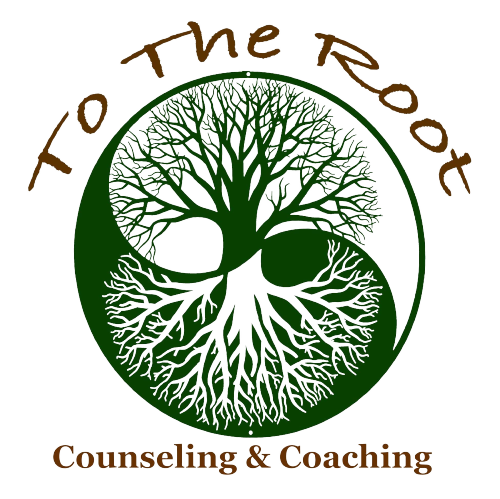Anger is a natural emotion just like any other. And although it is natural and common Anger can also be insightful as it informs us that we are feeling threatened or unsafe.
What causes anger?
- A perceived threat to our physical or emotional well-being (such as self-esteem or reputation)
- A threat to our resources (such as finances, time, possessions, or people we care about)
- A level of uncertainty, fear, disappointment, rejection, or shame can trigger anger as a secondary emotion to those feelings
- Internal sources, like recalling a trauma or something that happened in the past
What anger can look like?
- Struggling to compromise or come to an agreement without getting angry
- Problems expressing emotions in a calm and healthy way
- Ignoring people or refusing to speak to them
- Shouting, swearing, or becoming physically violent and threatening
- Putting yourself down or punishing yourself
- Increased substance use
- Frequent regrets and feelings of guilt around your reactions to situations or how you spoke to other people
It’s important to recognize some of the common warning signs that you or someone you know may have an anger management issue. Here are some things to look out for:
- Struggling to compromise or come to an agreement without getting angry
- Problems expressing emotions in a calm and healthy way
- Ignoring people or refusing to speak to them
- Shouting, swearing, or becoming physically violent and threatening
- Putting yourself down or punishing yourself
- Increased substance use
- Frequent regrets and feelings of guilt around your reactions to situations or how you spoke to other people
The good news is that there are effective strategies for managing anger and you can always seek out a mental health professional to help you find coping strategies and create an anger management plan that is uniquely designed for you. In the meantime expressing, suppressing, and calming are 3 tips that we suggest to manage your anger.
Expressing: Express your anger in a healthy manner or risk the emotion popping back up and subsequent aggression. Do your best to figure out what’s causing you to feel vulnerable by talking to someone who can be a listening and reflective ear for you. Verbalizing your feelings to the person directly, and journalling your emotions to get them out of your head can also be helpful.
Suppressing: Suppressing the anger can be helpful if and when you may need to take a pause or a time out to avoid acting out in a harmful or inappropriate way. During this time take some deep breaths, listen to music, or participate in an activity that will provide some distraction. Take the time you need to calm down and gain some perspective.
Calming: Calming techniques such as meditation, yoga, and a walk in the park are all ways to calm your mind. With a calm mind, you are more likely to express yourself in a healthy manner and gain insight into your thoughts and feelings.

